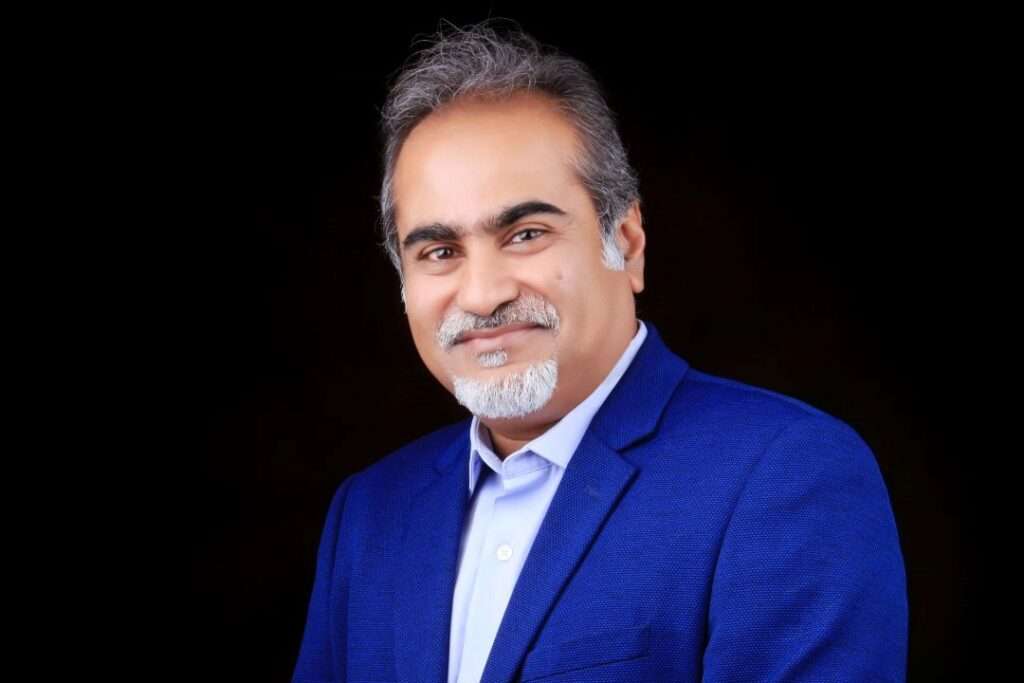Union Minister of Commerce and Industry Shri Piyush Goyal inaugurated the Bharat Cleantech Manufacturing Platform at the Bharat Climate Forum 2025 in New Delhi. This initiative aims to strengthen India’s clean technology value chains in solar, wind, hydrogen, and battery storage sectors.
In his address, Shri Goyal emphasized that Product Linked Incentives (PLIs) and subsidies are not conducive to the long-term growth and development of the clean energy sector. While acknowledging that the PLI scheme can provide an initial boost, he stressed that the clean energy sector must ultimately strive to become self-sustaining and independent of government support.
Shri Goyal encouraged participants to think creatively and work towards scaling up manufacturing in India. He highlighted the launch of the Bharat Cleantech Manufacturing Platform, which will offer Indian companies a platform for collaboration, co-innovation, financing, and the sharing of ideas, technologies, and resources. This, he said, will help India position itself as an attractive business hub and a global leader in sustainability and cleantech.
The Minister expressed hope that the forum participants would contribute to achieving the ambitious goal set by Prime Minister Shri Narendra Modi of installing 500 gigawatts of clean energy capacity by 2030. He noted that India has been a frontrunner in meeting its Nationally Determined Contributions (NDCs) under the United Nations Framework Convention on Climate Change (UNFCCC) and the Paris Agreement. India has surpassed its targets, having already achieved the goal of 200 gigawatts of clean energy by 2022—eight years ahead of schedule—and is well on track to reach 500 gigawatts. He also mentioned that India boasts the largest interconnected grid in the world.
Shri Goyal pointed out that addressing climate change is not a new challenge for India, citing Gujarat as one of the first states to embrace solar power. He credited the affordability of solar energy to the Prime Minister’s leadership, which has emphasized transparency, honest auctions, fair competition, and large-scale implementation. He underscored the government’s focus on the 3S approach—speed, scale, and skill—in driving the renewable energy program.







